The world of wellness and nutrition, particularly the online world of these, is saturated with a lot of loose claims, misinterpreted studies, and overinflated claims. Two food items that have been touted as being powerful healing tools are cinnamon and honey. The question is, how many of these claims actually hold any truth to them and to what extent? Let us help you separate fact from fiction so you can actually benefit from consuming cinnamon and honey.
The Benefits of Cinnamon and Honey: Fact or Fiction?
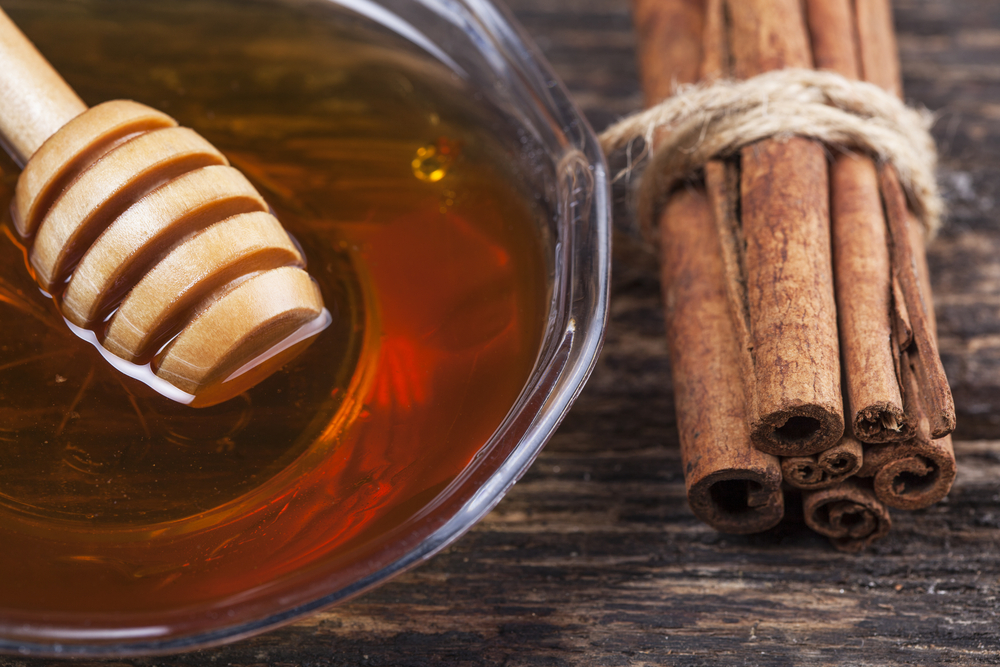
You’ve probably heard so many claims about cinnamon and honey, ranging from skin care to diabetes management to cancer prevention. The question is whether or not these claims are true and, if so, to what extent? We are here to help better explain not just what cinnamon and honey can do for you versus what it can’t, but also which types of cinnamon and honey actually do achieve these benefits versus which ones don’t.
Cinnamon Benefits

Cinnamon is a widely used and widely loved spice. It is used in everything from sweet to savory dishes, cold and hot drinks, and everything in between. Beyond its flavor, cinnamon has garnered attention for its potential health benefits. These include its anti-inflammatory properties and its possible role in the treatment of neurodegenerative diseases and cancer. While some of these claims have merit, many of them are either overblown or just completely false.
There is promising research suggesting that cinnamon may have a positive impact on reducing inflammation and its potential as a supplement in the treatment of certain diseases. However, it is important to note that while there is substantial evidence supporting some health benefits of cinnamon, there are suggested uses that lack scientific backing. Claims regarding the treatment of attention deficit hyperactivity disorder (ADHD) and irritable bowel syndrome (IBS), for example, have not been supported by robust scientific research.
The Active Ingredients Do The Heavy Lifting
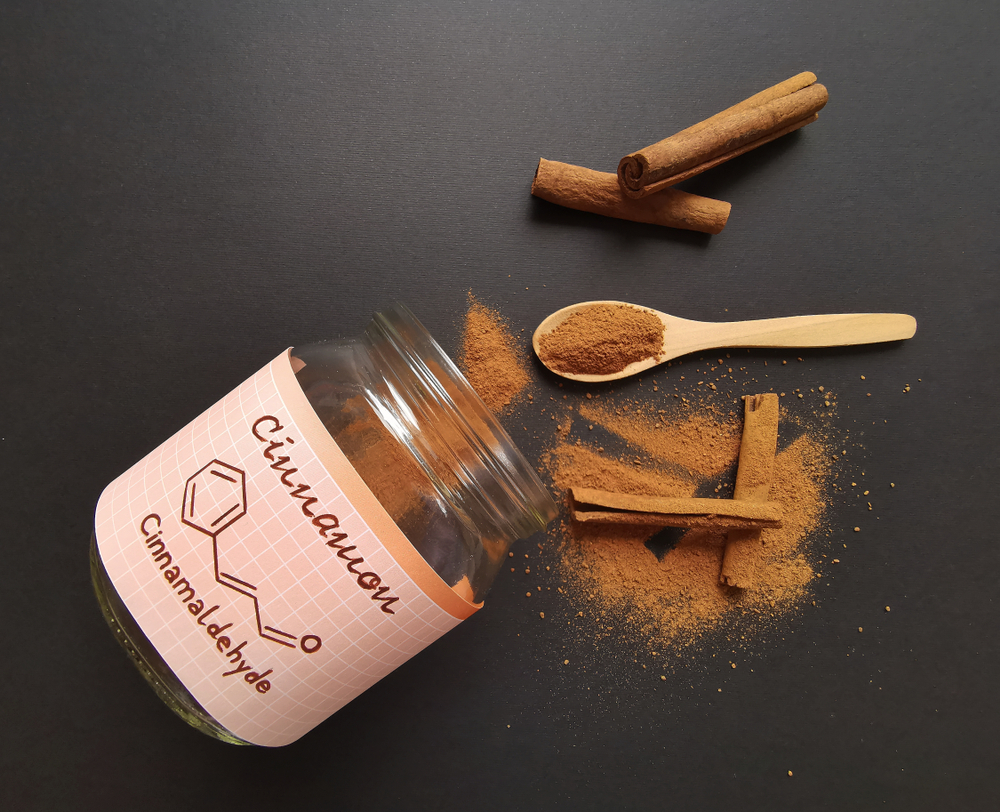
It is important to remember to read carefully the studies done on cinnamon and any other ingredient. Often, the studies are focused on the food item’s active ingredient, and not necessarily on the consumption of that in its food form. For example, it is the active ingredient cinnamaldehyde that gives cinnamon its anti-inflammatory and anti-oxidant benefits. The concentrations used in studies to look at these properties are often much higher than in the food itself. This is because often these studies are focused more on the potential medicinal uses of these ingredients (as in, medical-grade use) than dietary use.
Read More: 12 Unexpected Uses of Cinnamon
Honey Benefits
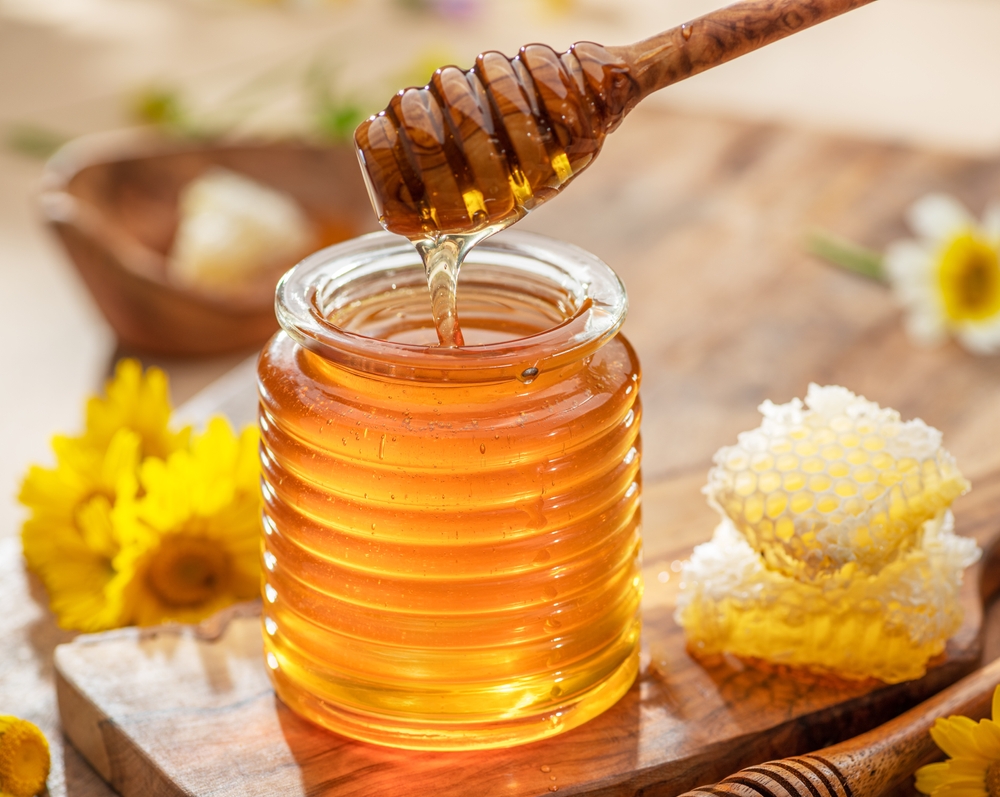
Honey has received a lot of attention in recent years as a potential healthier alternative to sugar. The claims extend to it being typically much more natural and less processed, as well as offering a lower glycemic index and a range of other nutritional benefits. Many online claims would lead you to believe that honey is a miracle food that can do no harm, only good.
Proven Benefits
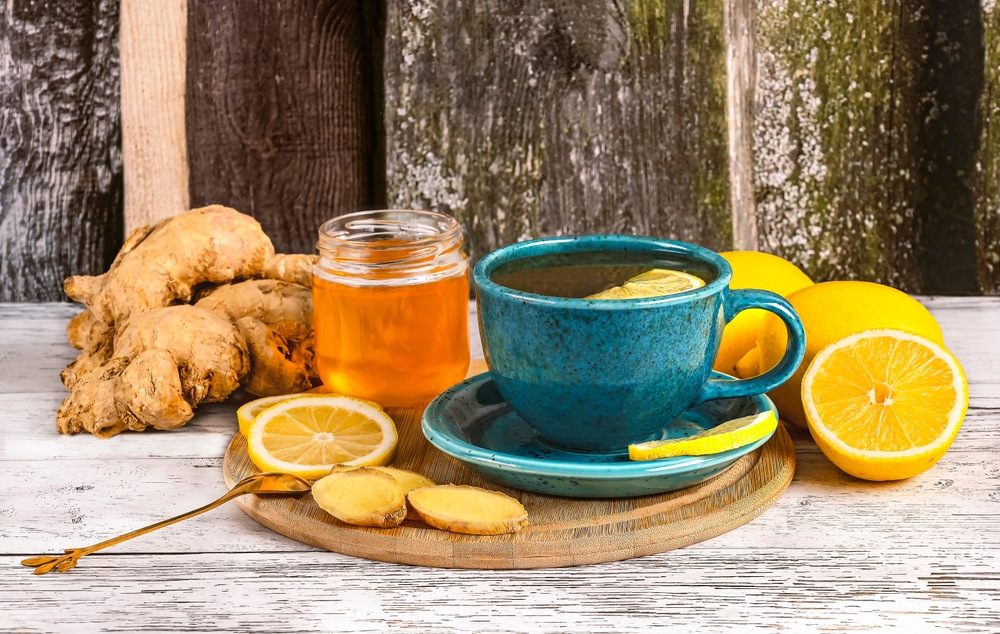
There is no question that honey does have various health benefits. These include its effectiveness in soothing coughs and its use in the treatment of wounds and burns. These well-documented uses have solid grounding in scientific research, positioning honey as a valuable natural remedy in certain healthcare contexts.
Unsubstantiated Claims
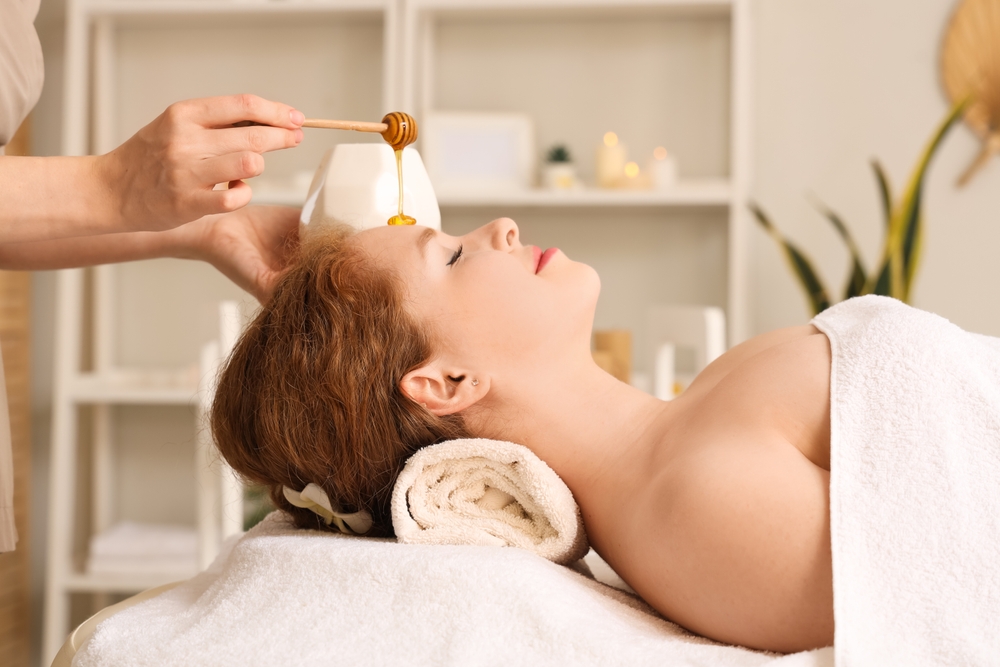
While honey is supported by scientific evidence for specific health applications, it is imperative to acknowledge that some of the purported uses lack robust scientific validation. Notably, its promotion as a sleep aid and a natural method for reducing plaque on teeth has not been firmly supported by scientific research. It is key for consumers to remember that honey, however natural, is still sugar at the end of the day. You can consume too much of it. The quality and source of the honey is also incredibly important. The reality is that most of the honey you can find on grocery store shelves won’t have the benefits that you might find online, due to overprocessing and industrialization.
Read More: Honey 101: Nutrition Facts, Health Benefits, Types, and More
Combined Benefits of Cinnamon and Honey
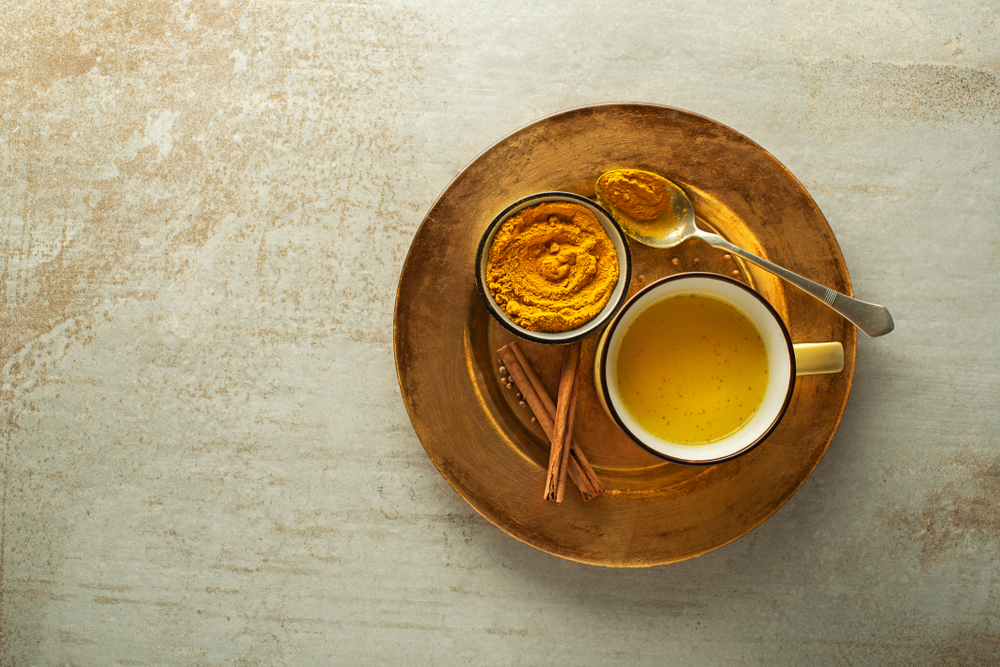
You will find many ‘experts’ online arguing that combining honey and cinnamon enhances their individual benefits. They suggest that the mixture may reduce the risk of heart disease, aid in wound healing, help manage diabetes, and provide a powerful dose of antioxidants. While the potential synergistic effects of the two ingredients make for an intriguing subject for further study, it is important not to blindly believe everything you read. Again, many of these claims lack scientific evidence, and those that do have studies are often limited and inconclusive. If you have heart disease, diabetes, or other chronic illnesses, it is important that you not stop following your treatment plan in favor of natural remedies such as these. Speak with your doctor first about integrating natural remedies into your current treatment plan first, so as not to have any unwanted medical emergencies.
Falsehoods
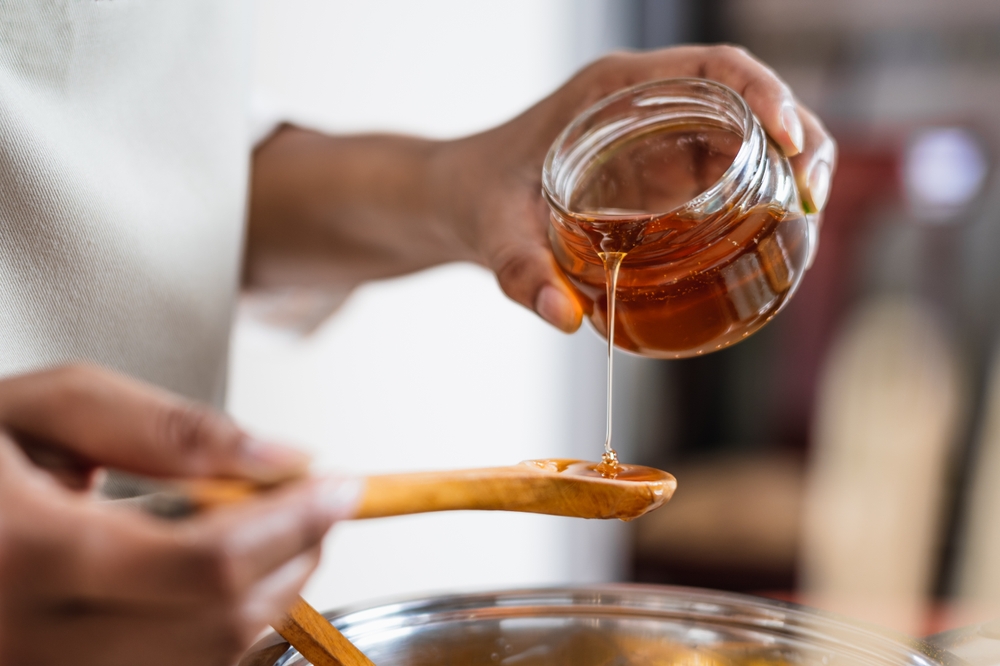
As already stated, despite the many alleged benefits, the combination of honey and cinnamon has also been surrounded by numerous unproven claims. Some popular but unproven assertions include their ability to fight allergy symptoms, cure the common cold, and treat acne, which lack strong scientific evidence. Speaking with your healthcare provider will help you to sort through these false claims so that you can get the most from both your diet and your treatment plans.
Bottom Line
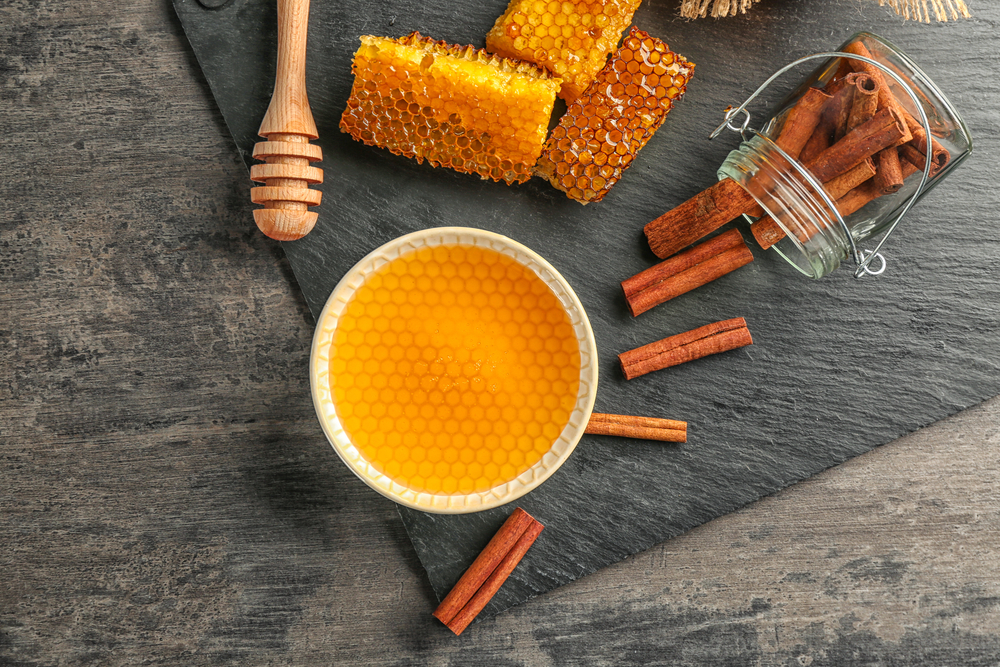
Although honey and cinnamon have demonstrated some health benefits when used individually, claims that their combination is a panacea for various ailments are not entirely supported by scientific research. As consumers, it’s important to approach these natural remedies with a balanced perspective, understanding both their potential and their limitations. While both cinnamon and honey can offer some health advantages, their capacity to provide miraculous healing is a stretch. It is important that you take in all claims with a critical eye and take a moment to better understand scientific studies and how they work. If you are unsure, speak with your healthcare provider, who can help you separate the fact from fiction.
Read More: What Are the Potential Benefits of Bay Leaf and Cinnamon Tea?
Disclaimer: This information is not intended to be a substitute for professional medical advice, diagnosis or treatment and is for information only. Always seek the advice of your physician or another qualified health provider with any questions about your medical condition and/or current medication. Do not disregard professional medical advice or delay seeking advice or treatment because of something you have read here.

